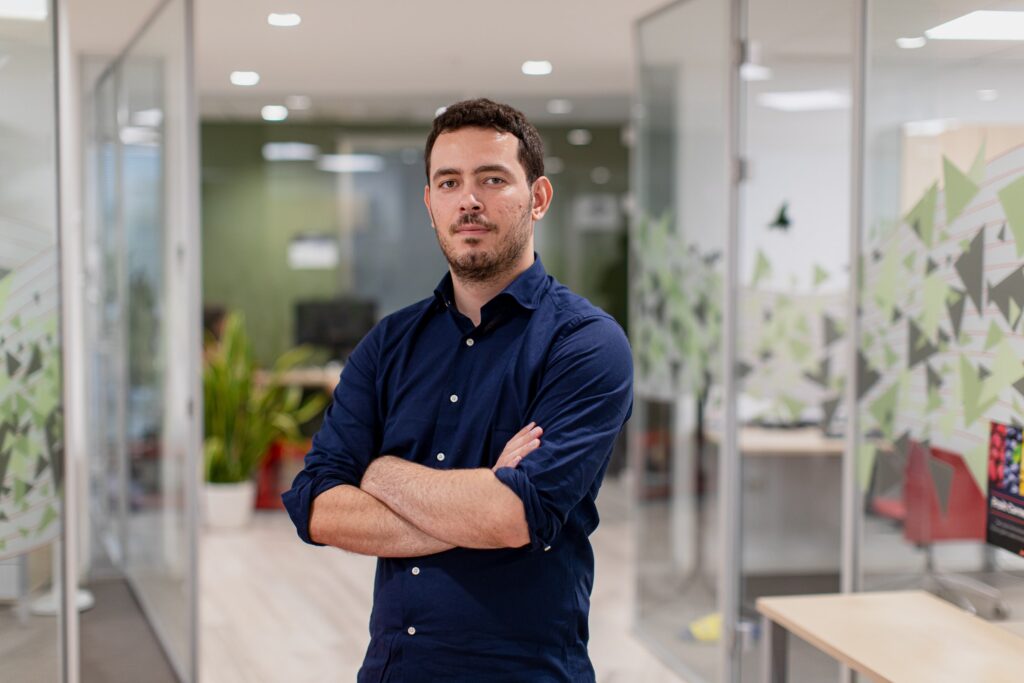4D MR Imaging and motion modelling techniques for adaptive proton therapy
Planned secondments: CNAO(Italy), GSI (Germany)
Project description
The project will involve the development of strategies based on image guidance and motion modelling for geometric and dosimetric evaluation of respiratory-induced variations in particle therapy, towards treatment optimization and adaptation in moving targets. Specifically, conventional respiratory-correlated Computed Tomography (4DCT) will be complemented by time-resolved and 4D Magnetic Resonance Imaging (4DMRI), allowing radiation-free acquisitions and quantification of anatomo-pathological changes that occur during the treatment workflow. Particular attention will be put on novel image reconstruction methodologies to improve motion description, and on the generation of 4D synthetic CT from acquired 4DMRI data for particle dose calculation. Advanced motion modelling approaches will be also exploited to relate respiratory motion information acquired during treatment with optimal pre-treatment 4D imaging, accounting for both geometric and dosimetric variations. All the implemented strategies will be properly validated to provide an accurate integration of 4D MR-based decision-making and support in a real-time adaptive particle therapy treatment loop.
The student will be enrolled in the PhD training programme in Bioegineering at Politecnico di Milano, under the supervision of Professor Guido Baroni and Dr Chiara Paganelli. The CartCas group of the Bioengineering Division of the Department of Electronics, Information and Bioengineering (DEIB) of the Politecnico di Milano, Milano, Italy, develops technologies and methods for computer assisted technologies with application in high-precision radiation oncology. Specific focus is given to translational research, which is empowered by long-lasting, strategic collaborations with national and international clinical institutions, particularly with the National Center of Oncological Hadrontherapy, Pavia, Italy.
For more information concerning the research project please contact: Chiara Paganelli


Anestis Nakas
Early-Stage Researcher at Politecnico di Milano, Italy
I am Anestis Nakas, from Greece, currently pursuing a PhD in Bioengineering at Politecnico di Milano under the supervision of Dr. Chiara Paganelli and Prof. Guido Baroni. I hold a BSc in Physics from the University of Athens and a MSc in Biomedical Engineering/Medical Physics from the Delft University of Techology. I am passionate and always willing to take up new challenges. I enjoy spending my leisure time doing sports and travelling.
My research is focused on 4DMRI and motion management in Particle Therapy (PT) of tumors subject to respiratory motion, such as abdominal and thoracic tumors. With my research group our objective is (a) to demonstrate 4DMRI’s potential to address respiratory motion and its induced uncertainties within the treatment workflow and (b) exploit the integration of optical monitoring with 4D delivery, in order to enable an optimal treatment for the patient. We highly hope that some of our work would be clinically implemented in the future.
I chose this PhD because one aspect of my dream job that I have always considered vital is contribution, in the sense that the rest of the world would have a positive effect through my work. Thus, I wanted to be part of research that envisions the optimization of PT and would make a valuable contribution to the field of cancer treatment, out of which many patients would benefit in the future. This is where I see myself, doing research that aims in solving a real-world problem, that of treating cancer. To this regard, I am very enthusiastic about my research topic, since from my perspective it has great potential to make a contribution in the field of adaptive particle therapy of cancer.

Politecnico Di Milano
PROJECT BENEFICIARY
The CartCas group of the Bioengineering Division of the Department of Electronics, Information and Bioengineering (DEIB) of the Politecnico di Milano works on the development of technologies and methods for computer-assisted technologies with application in high-precision radiation oncology.


